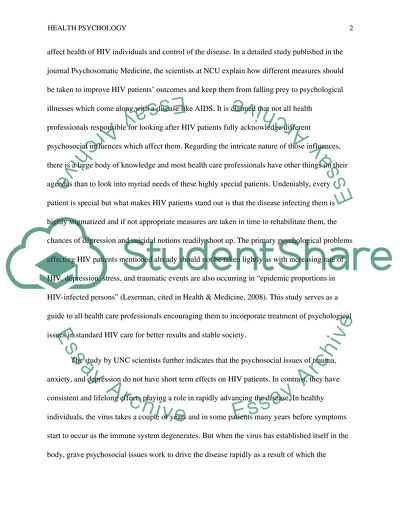Cite this document
(“Health Psychology Essay Example | Topics and Well Written Essays - 2000 words”, n.d.)
Health Psychology Essay Example | Topics and Well Written Essays - 2000 words. Retrieved from https://studentshare.org/psychology/1482590-health-psychology
Health Psychology Essay Example | Topics and Well Written Essays - 2000 words. Retrieved from https://studentshare.org/psychology/1482590-health-psychology
(Health Psychology Essay Example | Topics and Well Written Essays - 2000 Words)
Health Psychology Essay Example | Topics and Well Written Essays - 2000 Words. https://studentshare.org/psychology/1482590-health-psychology.
Health Psychology Essay Example | Topics and Well Written Essays - 2000 Words. https://studentshare.org/psychology/1482590-health-psychology.
“Health Psychology Essay Example | Topics and Well Written Essays - 2000 Words”, n.d. https://studentshare.org/psychology/1482590-health-psychology.


